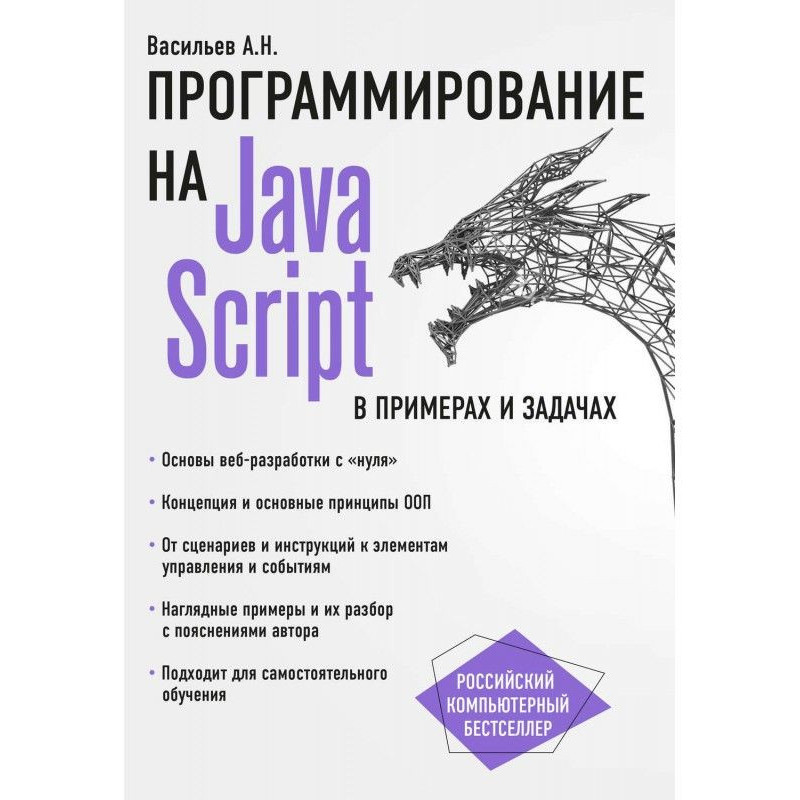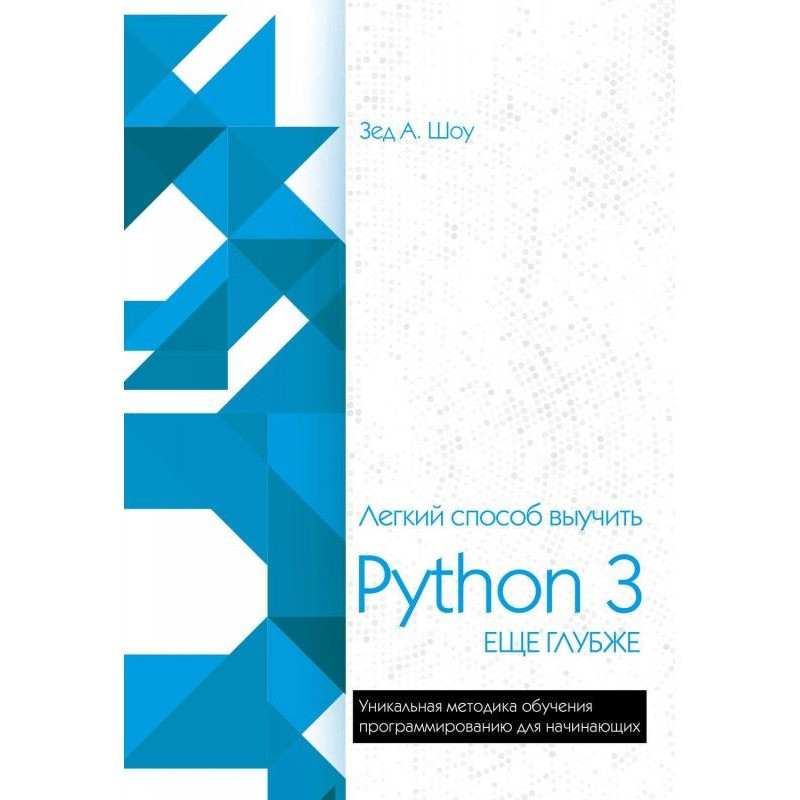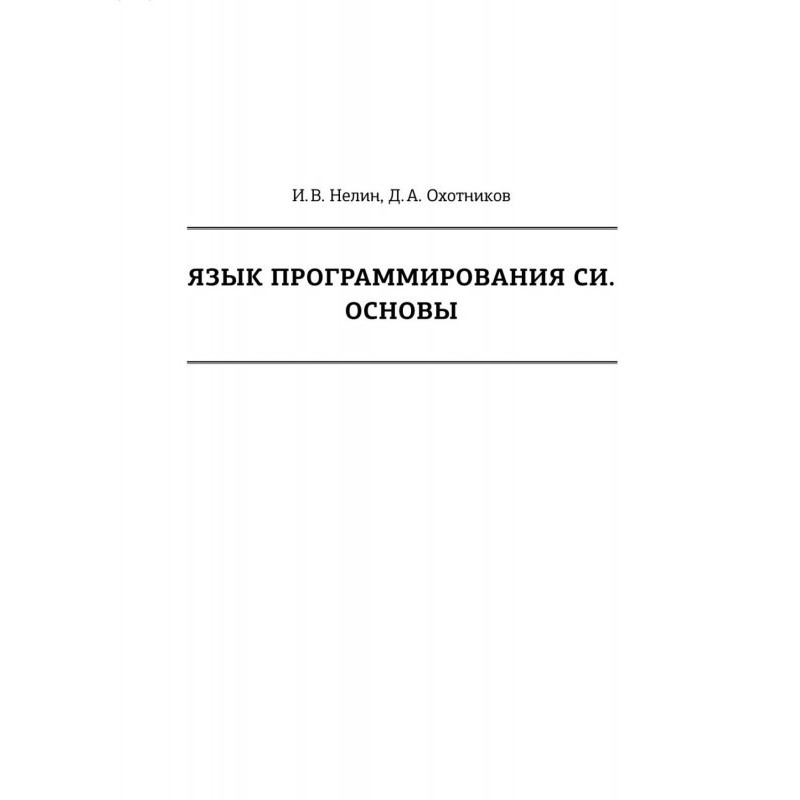Refactoring. Improving a draft of existing code
 Instant download
Instant download
after payment (24/7)
 Wide range of formats
Wide range of formats
(for all gadgets)
 Full book
Full book
(including for Apple and Android)
As object technologies have become more widespread - particularly the Java programming language - a new problem has become more and more pressing for the software development community.
Insufficiently experienced developers have created many poorly designed programs, resulting in low-performance applications that are difficult to maintain and expand. Increasingly, software developers are faced with how difficult it is to work with these legacy applications. For several years, expert object programmers have used an ever-growing collection of techniques to improve the structural integrity and efficiency of such existing programs. Known as "refactoring", these practices have remained the domain of experts because no attempt has been made to bring this knowledge to the masses of developers in an accessible form.
In this book, renowned object technology expert Martin Fowler discovers breaks new ground for the developer community by highlighting the practices used by experts and demonstrating how any developer can benefit greatly from them. With proper training, a skilled systems designer can take a poorly designed program and turn it into well-designed, reliable code. In the book, Martin Fowler shows readers where optimization opportunities can usually be found and how to turn a bad project into a good one. Each refactoring step is simple—even seemingly too simple to be worth doing. Optimizations might involve moving a field from one class to another, or extracting some code from a method to make it a separate method, or even moving some code up or down the class hierarchy. While these individual steps may seem elementary, the cumulative effect of such small changes can radically improve a program design. Refactoring code is a proven way to prevent software decay.
In addition to describing various refactoring techniques, the author provides a detailed catalog of more than seventy refactorings and helpful pointers that will teach you when to apply them. The book contains a detailed description of over 70 refactoring methods, not only their theoretical description, but also practical examples in the Java programming language. It should be noted that the ideas presented in the book are applicable to any object-oriented programming language.
Data sheet
- Language
- Russian
Reviews
Незамінний посібник для розробників
Книга "Рефакторинг. Поліпшення проекту існуючого коду" від Мартіна Фаулера - це справжнє відкриття для всіх, хто працює у сфері програмування. Автор майстерно пояснює, чому рефакторинг є критично важливим для підтримки та розвитку програмних продуктів, особливо в умовах швидко змінюваних технологій. Книга не лише надає теоретичні знання про різні методи рефакторингу, але й супроводжує їх практичними прикладами, що робить матеріал зрозумілим навіть для тих, хто тільки починає свій шлях у програмуванні. Я особисто знайшов безліч корисних порад, які вже встиг застосувати у своїй роботі. Докладний каталог із понад 70 рефакторингів є справжнім скарбом, адже він допомагає швидко знайти необхідний метод для вирішення конкретної проблеми. Ця книга - не просто теорія, а практичний інструмент, який допоможе будь-якому розробнику підвищити якість свого коду та зробити його більш зрозумілим і підтримуваним. Рекомендую всім, хто прагне вдосконалити свої навички програмування!












